 Sitting in a window perched above her desolate flat, Anne watches various people, snatching up her personal belongings like vultures who've stumbled across a rotting carcus. Anne is leaving her life in Holland far behind, deciding to lead a solitary, nomadic lifestyle in Ireland. During her travels through the austere landscapes of Connemara, Anne comes across the home of a hermit, Martin. Considering Usuzla Antoniak's Code Blue was probably my favorite film of the past several years, I was very interested in tracking down her feature debut. Nothing Personal is a nuanced character study that could be described as touching and gentile, as it observes the relationship between personal freedom and companionship. Doing so very subtlety, Nothing Personal presents us with two characters in Anne and Martin, human beings who have experienced serious loss in their lives. When the two of them first meet, Anne has absolutely no desire towards any type of human connection, even lashing out at Martin whenever he tries to be cordial. Martin is significantly older than Anne and while never stated, I believe Martin's willingness to reach out to Anne stems from him seeing himself in her - a human-being who has experienced so much pain that they shut off the outside world. Nothing Personal is another great example of how a script should serve as a blueprint to a storyline, letting actors and directors feel out the story they want to make. The two lead actors, Stephen Rea & Lotte Verbeek, are really fantastic in this film, telegraphing subtext that goes far beyond the script, touching on human-beings need for emotional and physical contact. As expected, Nothing Personal is also extremely well-crafted, with beautiful cinematography which helps capture the isolation and conflicting emotion which Anne, our main protagonist, feels. Nothing Personal is a startlingly impressive debut feature from Urszula Antoniak that beautifully captures the tug and pull relationship between fear of loss & emotional need. 9/10
0 Comments
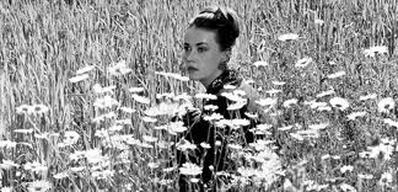 Mademoiselle opens in a small town in the rural countryside of France. We follow "Mademoiselle", the town's school teacher as she opens the gates of a dam, flooding a large stable and subsequently drowning some of the town's livestock. When the townspeople discover that the flooding was no accident, everyone blames Manou, the Italian immigrant. Manou risked his life rescuing some of the livestock and yet every French character views him as an outsider and a nuisance regardless of his good intentions. With the viewer knowing the young schoolteacher is in fact responsible, the film begins a curious game as to this woman's intentions. Tony Richardon's Mademoiselle is a slow-burning thriller soaked in themes pertaining to xenophobia, religion, sexual oppression, and lust. Early on, Mademoiselle plays more like a mystery, spending equal time with Manou and the young school teacher. Details slowly unfold in the narrative which suggest the young teacher's strong attraction to the man and that's when we begin to realize that these calamities (the flood, field fires, etc.) are being used by her as a way to control the handsome Manou. The religious aspect is subtle but important as a key to understanding the school teachers warped perception. She is a woman who appears to have never experienced this type of carnal attraction, viewing it as a grave sin. This lack of understanding leads her to take out her frustration and lust on Manou in warped ways including berating his son daily in school. Mademoiselle also touches on xenophobia, showing how Manou and his son are continually outcast, regardless of how helpful and complacent they are. Manou is seen coming to the rescue in quite a few scenes and yet the townspeople are completely blind to this fact, letting their per-conceived hate blind them. Shot in stark black and white cinematography, Mademoiselle features tons of fantastic and impactful imagery. This combined with a lack of score or any musical number really give this film an almost biblical type feel. Rich in thematic intention, Mademoisselle is an experience too behold and regardless of it completely succeeds, the film's lofty intentions are still greatly appreciated. 8.5/10 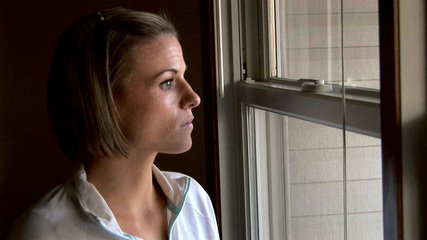 With The Invisible War, documentarian Kirby Dick fixates his lens on one of American's most shameful and unknown secrets - rape within the US military being so frequent it could be classified as an epidemic. The film focuses on the battle of a few woman who unfortunately have been victims of this horrible epidemic, chronicling their lives both pre and post-incident. Stylistically, Kirby Dick's The Invisible War is another talking heads style documentary, featuring countless interviews with high ranking government officials, military personnel and victims. While the presentation isn't exactly groundbreaking the story is so shocking, depressing, disgusting and infruiating that one cannot help but be wrapped up in this story. The film is very much told from the victims point of view, spending time with the victims and truly understanding how this heinous act against them has affected their lives. The most tragic aspect may just be how these woman's idealism was crushed. We see how these women took so much pride in going into the military in an effort to defend the country they love only to have their dignity and basic human rights stripped away from them by something which they held so high. It's an incredibly tragic notion that the thing these woman believed in and held so highly, the military, ends up being the thing that strips them of their honor and in some cases innocence. While there is no denying the power of The Invisible War the film does have a few somewhat laughable moments of emotionaly manipulation. The music at times comes off as a little too much for me and I particularly had an issue with the long dramatic pauses which were prevalent in the film's use of written text when informing the viewer of expositional statisitics. I guess the reason these little things bothered me is that they were completely unnecessary as I was already emotionally invested in this story. I also wish the film would have included one of the male victims more, using them in a more dominant narrative thread of the documentary. We are introduced to the notion that men are raped, even meeting a few victims, but none of these male victims occupy nearly as much of the narrative as the three or four female victims. The Invisible War is a film with a subject matter that is bound to disgust and infuriate the viewer, touching on a very important issue which needs more attention, thusly making it pretty much impossible not to appreciate. 8/10 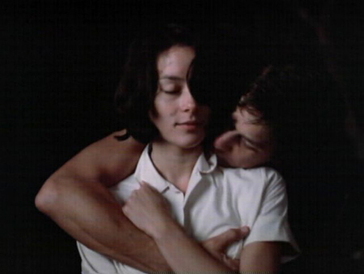 Jennifer grew up in the small town of Sutcliffe before escaping to the big city where she is practicing to be a professional dancer. One day she receives a phone call from her mother, but while they've always had a cordial relationship, her mother berates her with the call coming to a horrible conclusion. With her boyfriend Stuart in tow, Jennifer races home only to discover that the boundaries between civility and anarchy have evaporated completely. Graham Baker's Impulse is a fun, bleak horror film in which a toxic chemical leaks into the small town's milk supply leading everyone to act out their most primitive impulses. One of Impulse's best attributes is its pacing, with the film slowly and methodically escalating towards all out anarchy In that regard, for much of its running time Impulse plays more like mystery, giving very little information as too what is behind this catastrophe. The viewer is right there with Jennifer, completely confused as too what is going on. Impulse is subtle as well, suggesting this slight loss of conscience or civility among the town's people early on but nothing compared to some of the more disturbing sequences which take place towards the end of the film. Very cynical about human nature, Impulse suggests that nearly everyone's compulsory actions are negative and/or violent. We witness a sheriff opening fire on young delinquents, a doctor suffocating a nagging patient, and sexual norms being thrown completely out the window. This being said, the film is not very violent or very explicit, opting instead to rely on brooding atmosphere which serves the film well given its mystery tropes. Impulse is one of those forgotten science fiction films that is oddly transfixing and certainly worth a look for anyone who is a fan of cynical post-apocalyptic type fare. 7.5/10 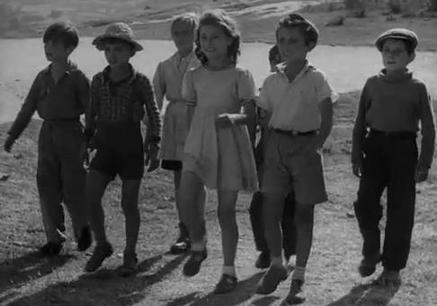 Carlitos, a shy, young boy, lives Porto, Portugal spending most of his time on the old streets near the banks of the Douro River. Carlitos has just been accepted into a gang of young kids with Terezinha, the one female of the group, instantly drawing his affection. In an effort to win Terezinha's affection, Carlitos' steals a doll from a local shop with the trouble being that Eduardo, the leader of the gang, also shares similar affection for Terezinha. Manoel de Oliveira's Aniki Bobo is a perfect example of a film that uses an incredibly simple premise to tell a profound and poetic tale of youth and innocence. Pre-dating Italian Neorealism, Aniki Bobo takes place almost entirely on the poor streets of Porto, following these children in their day to day interactions and hardships. The film manages to capture the free spirit of adolescence in such a pure form that it's hard for me to think of a another film which matches Bobo's genuine portrait of youthful exuberance. Through Carlitos, the innocence of youth is tested with Manoel de Oliveira using a few great, stylistic sequences to show the sense of guilt which Carlitos feels when he is tested by his actions. While it is hard to remember, as youth we sometimes don't understand the weight of our decisions on the outside world and with Carlitos, Aniki Bobo beautifully captures this notion. In a way I think Manoel de Oliveira wanted to capture how the streets themselves provide lessons to young children, as throughout Aniki Bobo we are shown very few parents or adults in general. At the mercy of the world around him, Carlitos learns a valuable lesson which will inevitably make him a stronger person because of it. If there is one word I would use to describe Aniki Bobo it would be cute, but make no mistake this film is a poetic and profound study of innocence as well. 8.5/10  Oscar Diggs is a small-time circus magician who makes most of his money through conning unexpected victims. During one fateful afternoon, Oscar is caught in a tornado and taken away to the vibrant Land of Oz. On his arrival, Oscar is greeted as the savior of Oz, with all the fame and fortune he could ever dream of, but he soon realizes that he must actually become this great wizard if he is ever to defeat the evil witches who threaten to destroy all of Oz. Sam Raimi's Oz the Great and Powerful, the prequel to the timeless classic, attempts to imagine the origin story of the great Wizard. In a nice tribute to the original film, Raimi's Oz the Great and Powerful opens in Kansas, with a 4:3 aspect ratio and black and white photography. It's only when Oscar is transported to Oz that the film transfers to the incredibly vibrant colorful and widescreen world of Oz. Oz the Great and Powerful deserves a lot of credit for being able to effectively transport the viewer into this fantasy world. The production design and computer generated effects are really top notch and along with Raimi's unique sense of humor, the film certainly makes the viewer feel as if they are truly escaping to another world much like the main protagonist. Obviously in making a prequel to such a beloved classic one should expect harsh criticism, and while Oz is certainly not as great a story, the film does an adequate job of making the two films feel like the same world and is even successful at linking them together quite well. Oz the Great and Powerful offers a nice moralistic story with a protagonist whose transformation as a human being is they key to Oz's safety. Too my surprise James Franco really does a great job as Oscar Diggs, wonderfully walking the line between despicable and entertaining. Franco pulls off the character well, capturing the conman, hero, and conflicting feelings which exist in this character whose being depended on by so many people. Oz The Great and Powerful should certainly not be compared to The Wizard of Oz, but it does supply an entertaining addition that never disrespects the greatness and importance of the original film. 7.25/10 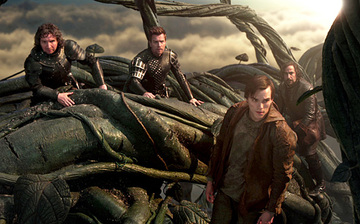 Based off of the children's fairy tale, Jack the Giant Slayer tells the story of an ancient war between men and giants. When Jack, a young farmhand, mistakenly opens a gateway between the human world and the race of the giants, he must fight for his kingdom, its people, and most importantly the love of a brave princess whose been captured by the Giants. Bryan Singer's Jack the Giant Slayer is mildly entertaining big budget spectacle which targets the younger demographic with its cartoonish approach. The relationship dynamics of Jack the Giant Slayer are very much spelled out for the viewer, with Isabelle and Jack's relationship being suggested far before they ever actually meet on screen. During the opening 30 minutes or so, the film interweaves Jack and Isabelle's narratives in a way that it becomes very apparent where the story is going. This "tipping of the hat" approach goes far beyond just Jack and the princesses relationship, with Stanley Tucci's deceitful intentions being giving away far too early in the narrative. The one aspect that Singer deserves credit for is how well the film creates this "fairy tale" like atmosphere. Jack's story is obviously right out of a fairy-tale and the film does a good job at not ignoring the source. Being bookended by children being told bedtime stories, as well as a cute way of relating the story to modern times, Singer is able to pay homage to the bedtime stories, which so many of us enjoyed as children. Jack The Giant Killer is easy to digest and enjoyable enough I suppose, it's just another one of those average spectacle films which are instantly forgettable upon the closing credits. 6.25/10 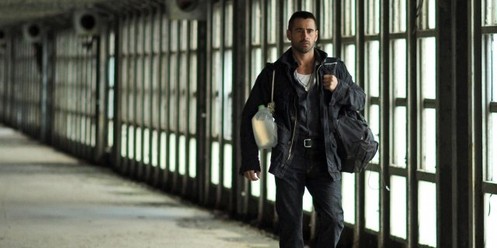 A rising star in the organized crime syndicate, Victor, is in fact infiltrating the empire run by kingpin, Alphonse, the man responsible for murdering his family and destroying his life. Victor is meticulous in his plans for vengeance but when he meets Beatrice, his next door neighbor, things become more complicated. Niels Arden Oplev's Dead Man Down is an above average crime/revenge thriller which at its best is a well orchestrated dark fairy tale, yet at its worst it's fragmented, silly, and even ludicrous. If you go into Dead Man Down expecting an action/crime film you are bound to be disappointed. Dead Man down is a film that is far more interested in its characters' stories than gun-play. Both lead characters Victor and Beatrice are well-defined, being deeply damaged because of their pasts. Their awkward, yet enticing relationship is the greatest attribute of the film, with these two characters, whether they know it or not, desperately looking for a reason to live again. What is so odd about Dead Man Down is the over-exaggerated treatment of Beatrice's character - a woman whose face has been severly scared by a car accident. There are quite a few scenes in which children living in the same apartment complex scream at her "monster" throwing trash and plastic bottles at her like she's in middle school. These scenes are quite frankly laughable and hard to believe, especially given the fact that Beatrice's face really isn't very deformed. I understand the point behind these scenes but either the make-up needed to make Beatrice more deformed or the scenes should have been scrapped completely. I personally think they are unnecessary because either way Beatrice is a character who sees herself as a monster regardless of how significantly deformed she is. There are plenty of nice twists and turns throughout this plot heavy thriller and for the most part Dead Man Down has a nice brooding energy too it all. It's just odd how film with such serious intentions manages to keep in exaggerated or silly sequences. 7/10 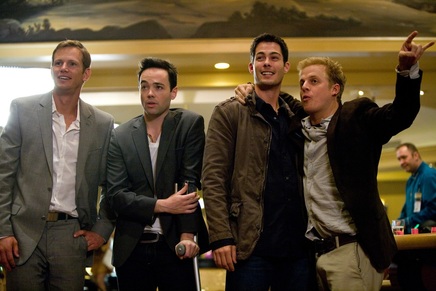 Just mere days before marrying the love of his life, Amy, Scott and his friends take off for an epic bachelor party in Las Vegas. While partying it up, they meet two escorts, Nikki and Angela, who invite them to go to a private party on the outskirts of Las Vegas. The guys think they are in for the time of their lives but soon discover they may just be lucky to get out of Vegas alive. Scott Spiegel's Hostel: Part III is the latest film in a tired franchise which provides little reason to care. Hostel III starts off with some promise, using a lot of deceptive narrative devices to tease the viewer about when these four guys will meet their demise. What starts off as a fun, playful game between viewer perception and narrative direction quickly fades into plot twist after agonizing plot twist which seem to become dumber and dumber as the film progresses. Too be fair, one doesn't typically watch these types of film for narrative structure but the films lack of creative deaths is what truly killed the experience for me. I'll be the first to admit that I've never been a huge fan of the franchise to begin with, but I thought Hostel 2 was a pretty fun, sick flick. There was a lot of ingeniunity and creative, albeit twisted, choices in that film but by and large Hostel III fails completely in that regard. While the body count is decent, the deaths are boring making me have little to care about. Hostel Part III may not be too bad, considering its direct to dvd pedigree, but in this day and age that excuse is becoming less and less valid. 5/10 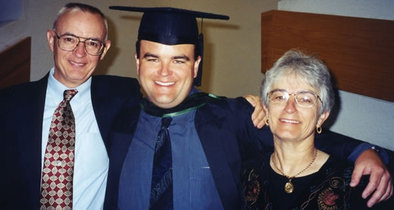 After Dr. Andrew Bagby is murdered in a parking lot, being shot five times, his parents and friends are left in a state of shock. This sense of shock only escalates when Andrew's family and friends learn that Andrew's ex-girlfriend, Dr. Shirley Turner, is pregnant with Bagby's unborn son. With Shirly being wildly believed responsible for Bagy's murder, filmmaker Kurt Kuenne created this film as a tribute to his friend Andrew, being something his son would wildly appreciate in due time. Kurt Kuenne's Dear Zachary: A Letter to a Son about His Father is hands down one of the most intimate and emotionally exhausting portraits of a tragic death I have ever seen. This is a film which I highly recommend you go into as blindly as possible because what transpires is a heart-wrenching, roller-coaster ride of a crime story that just seems to get more and more frightening as Kurt Kurenne's film digs deeper into the battle for custody which transpires between Shirly Turner and Andrew Bagby's family. Without going into much details about what transpires, this is a devastating film which is likely to make one angry and frustrated. With Dear Zachary, Kurt Kuenne doesn't have some grand theme about the failures of our justice system, instead opting to focus on the lives affected by this tragedy. While I tend to not be a fan of "talking head" documentaries like Dear Zachary, the film does just enough to satisfy me stylistically. The bottom line though is that Dear Zachary plays out like a narrative crime story, with some devastating twists and turns which left me glued to the screen while watching. 8.5/10 |
AuthorLove of all things cinema brought me here. Archives
June 2023
|
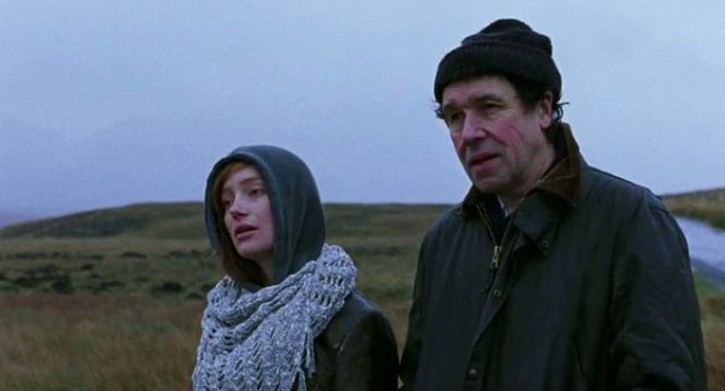
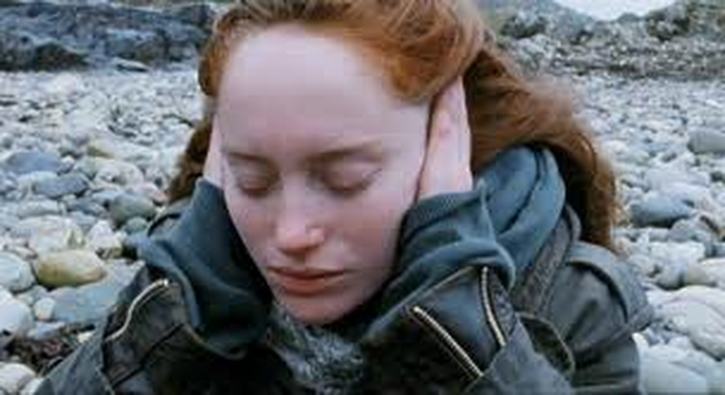
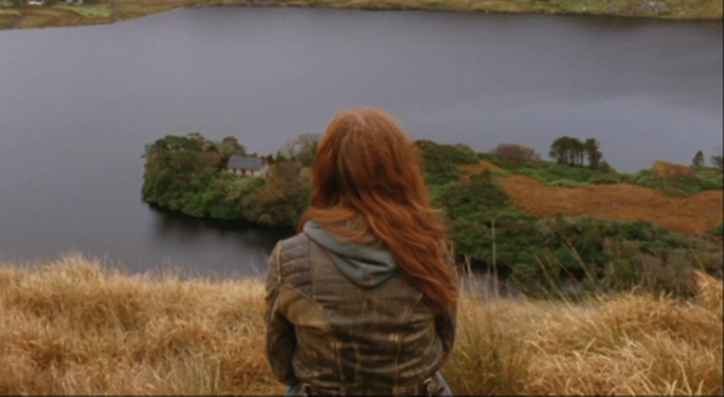
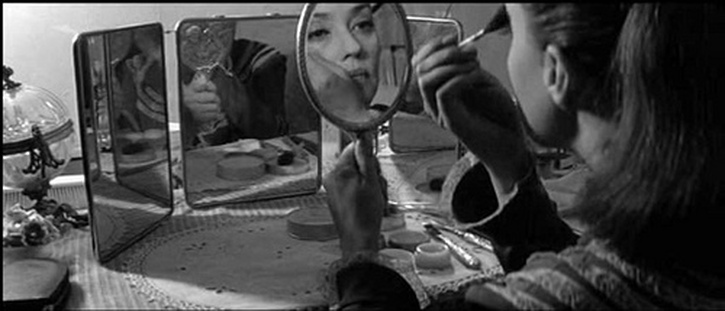
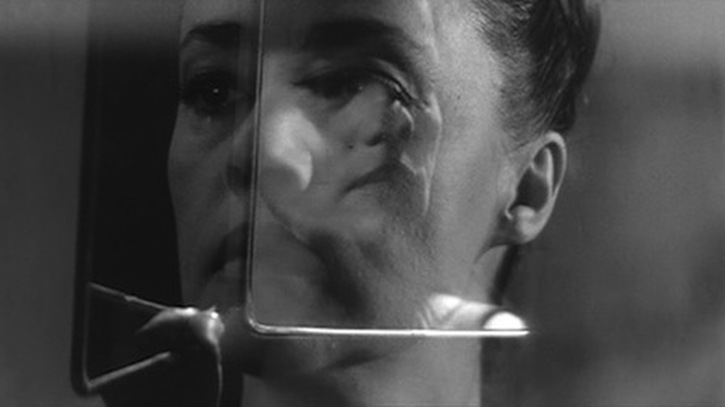
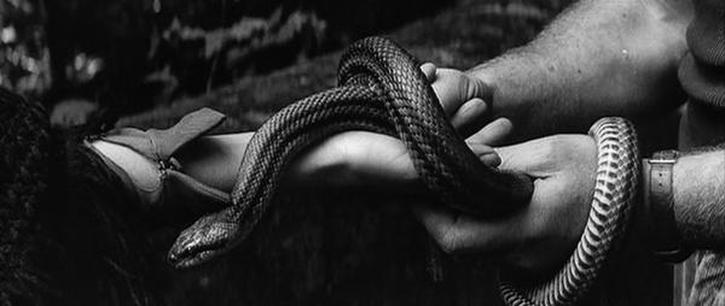

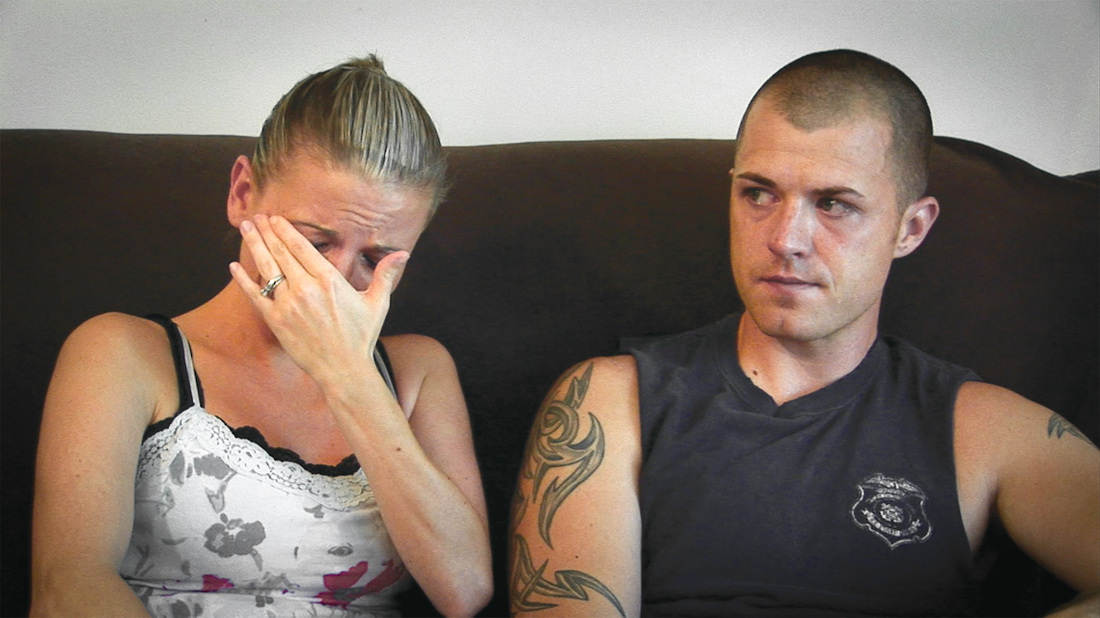

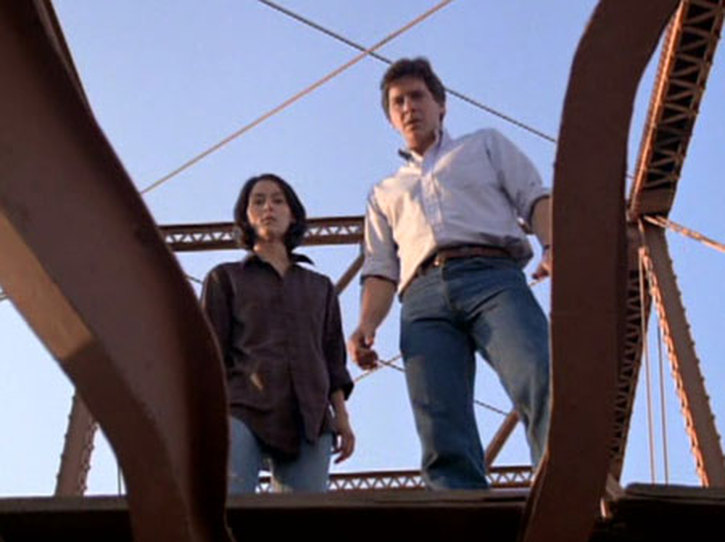
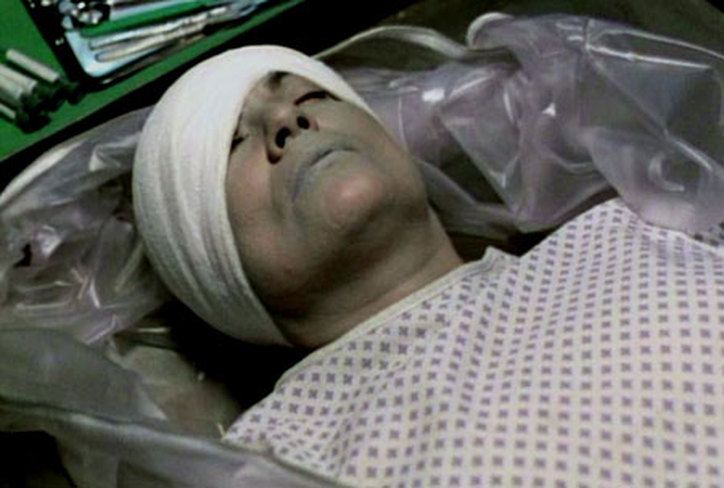
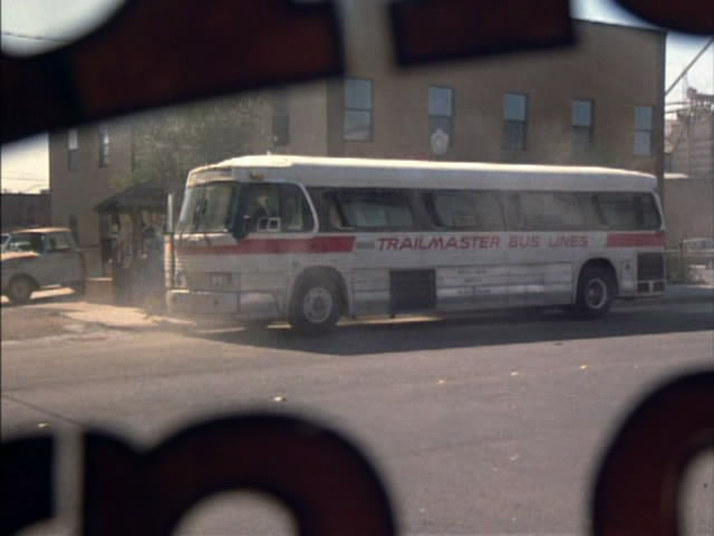
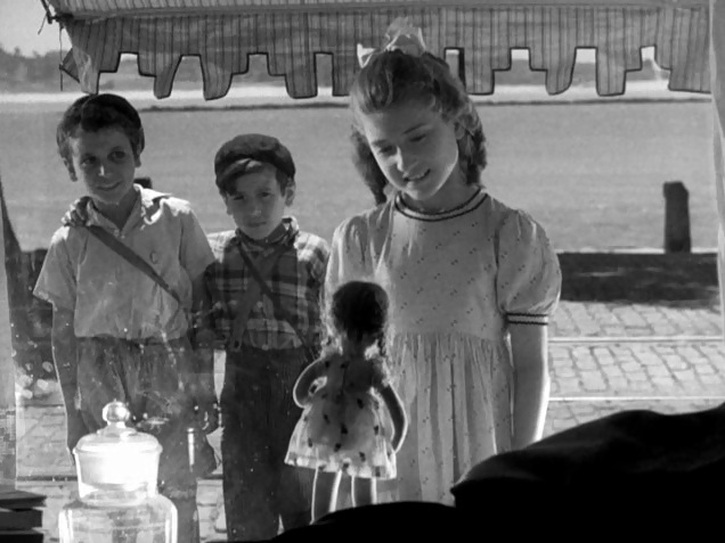
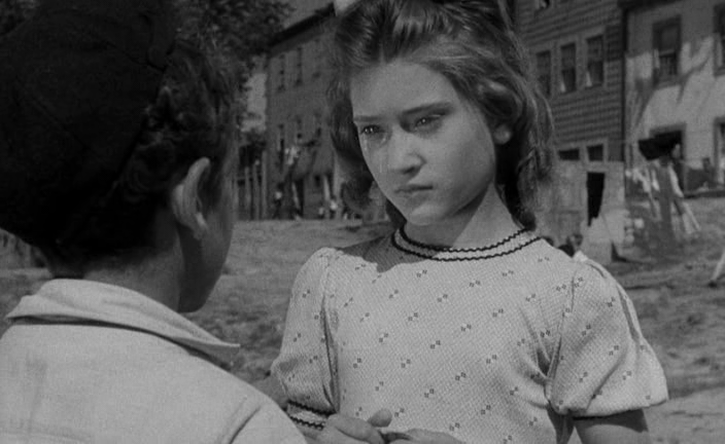
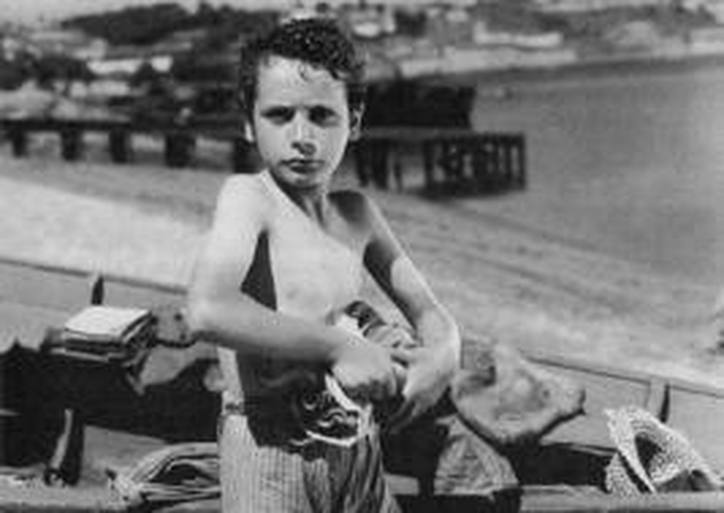
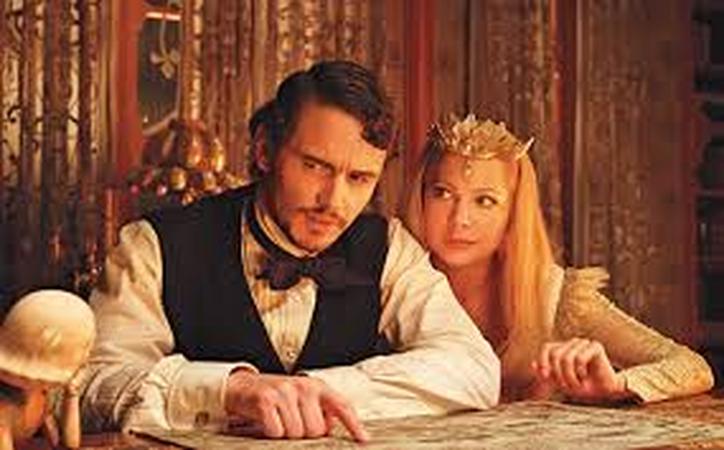
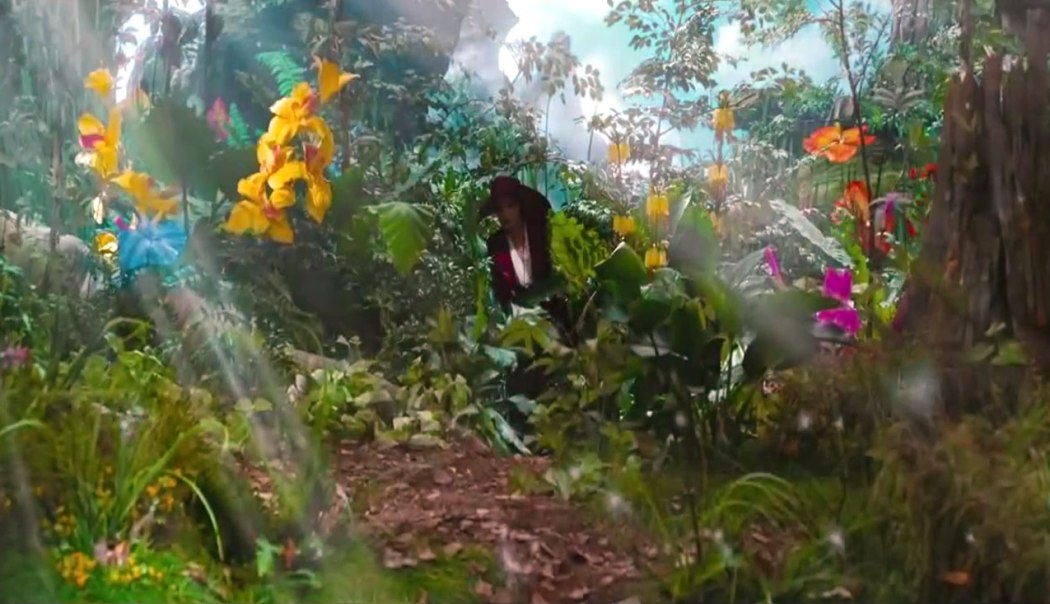
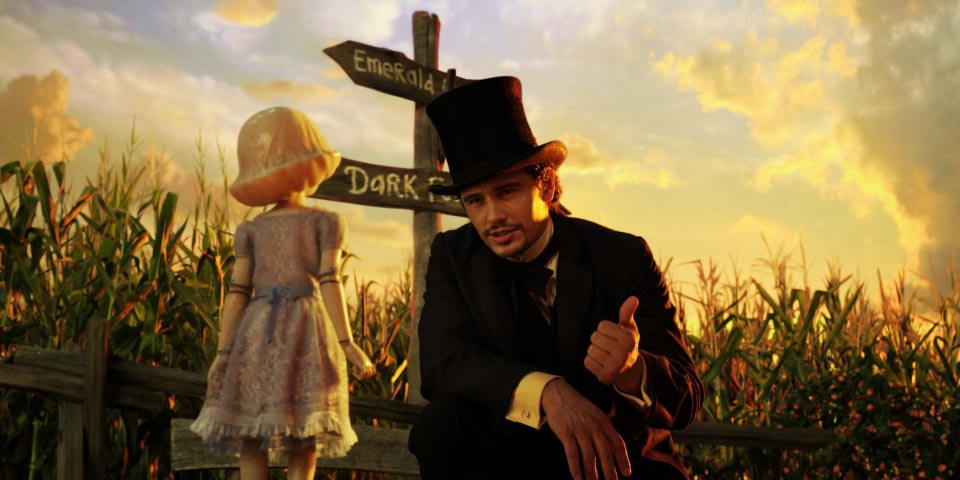
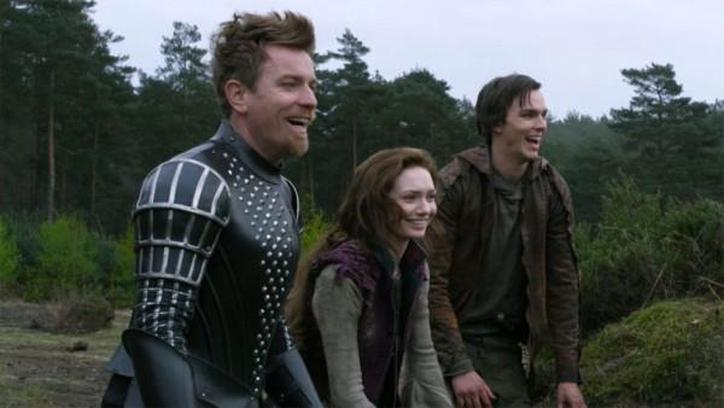
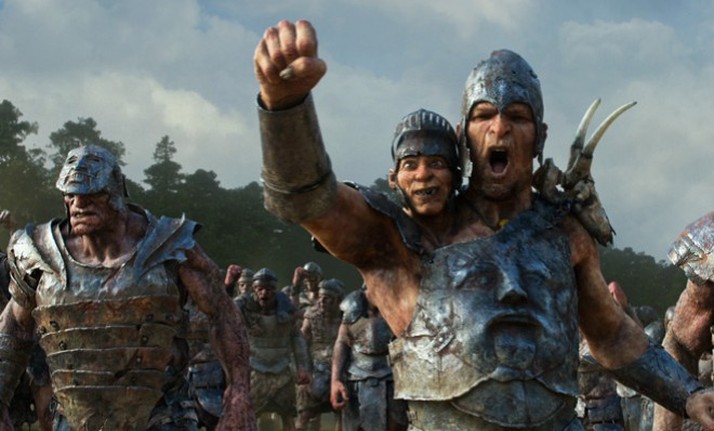
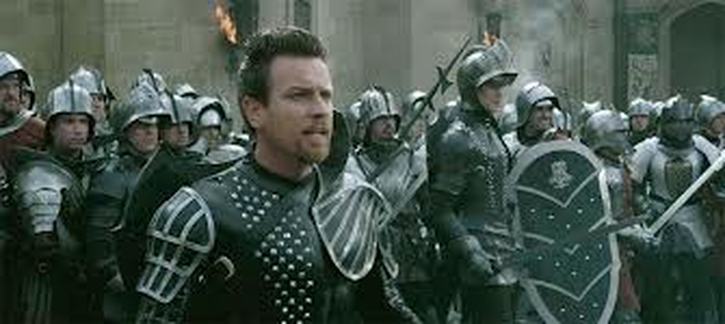
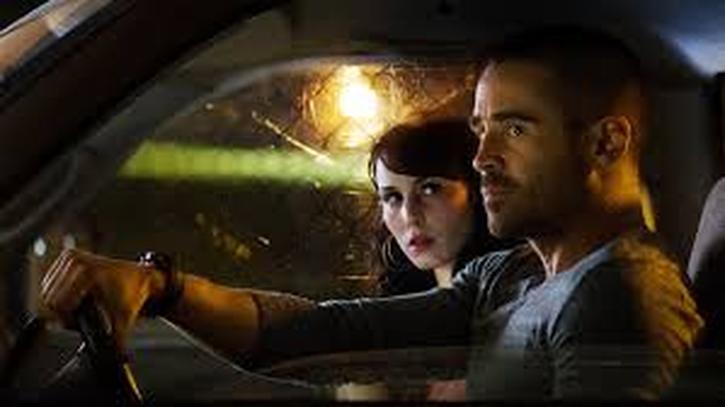
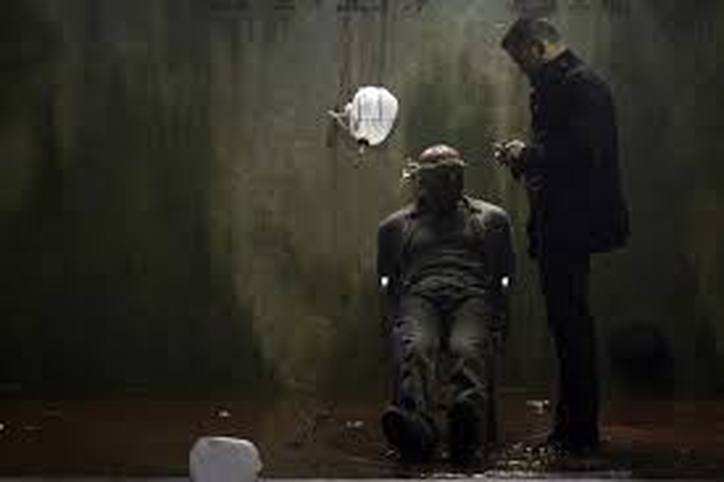
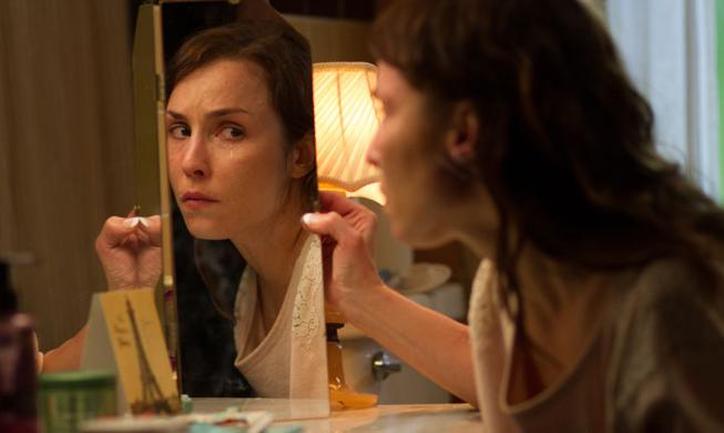
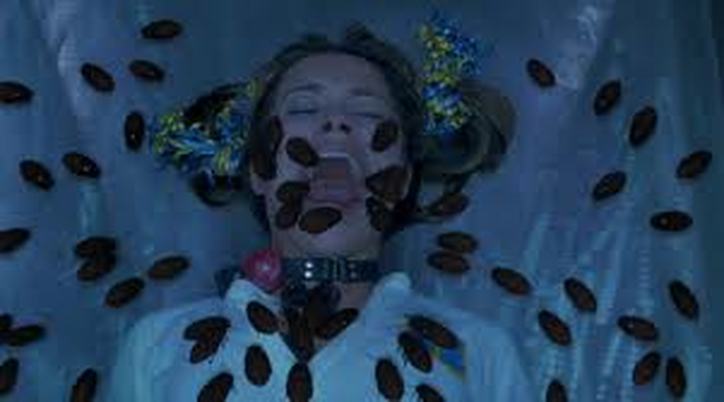
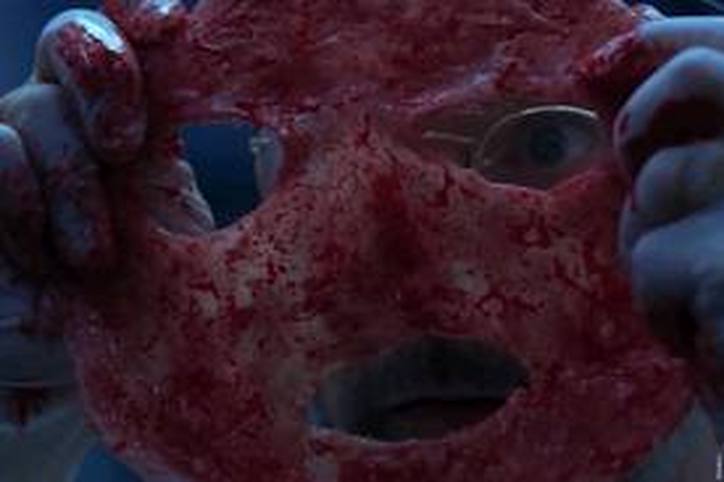
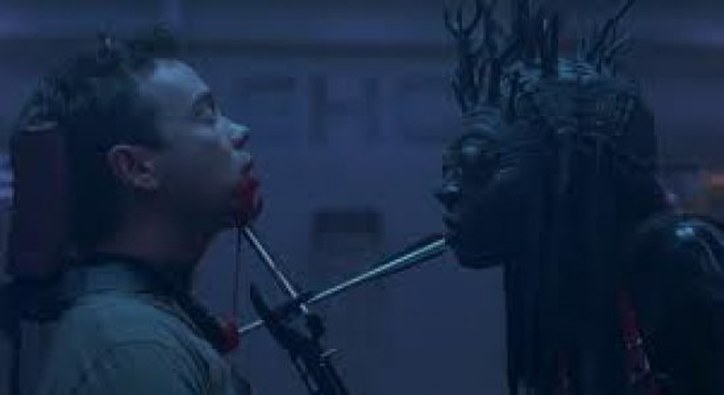
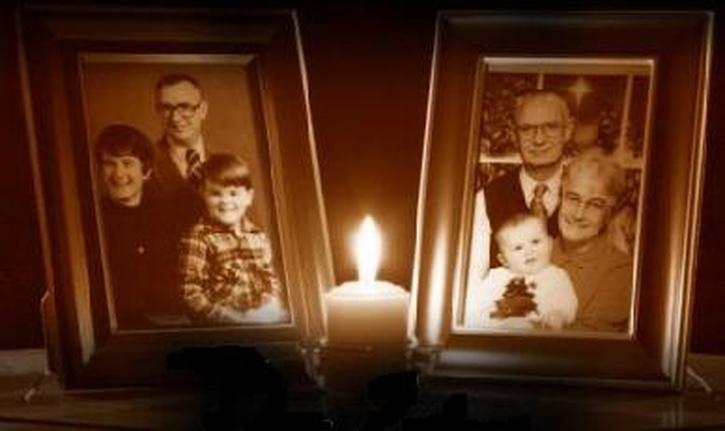
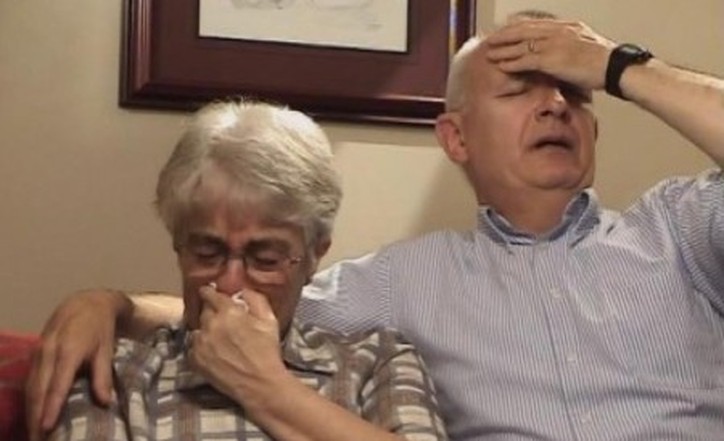

 RSS Feed
RSS Feed
